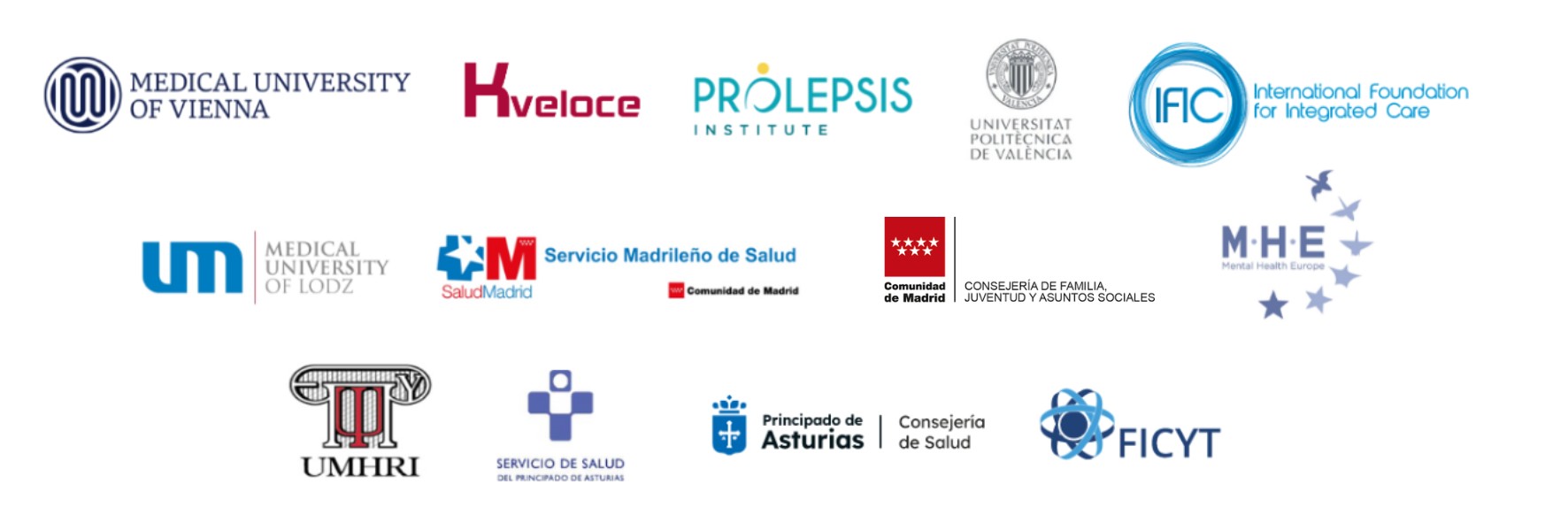Prolepsis Institute, a civil non for profit organization, was established in 1990 in Athens. With a strong belief in health being a fundamental right, Prolepsis Institute has undertaken a leading role in the field of public health, by designing and implementing initiatives on various health issues and in different sectors (e.g. education, workplace) targeting a wide range of population groups, such as children and adolescents, women, migrants, and the elderly, and different types of occupational groups, such as health professionals, as well as policy makers, other NGOs and decision makers.
Prolepsis Institute has participated, as a coordinator or partner, in approx. 70 EU co-funded and numerous national projects implementing research, applied and educational initiatives, aiming at health promotion and education of the public, policy change and tackling health inequalities. Their human resources consist of a multi-disciplinary experienced team of physicians, health promotion and communication specialists, statisticians, psychologists, sociologists, economists, nutritionists, food technologists, each of which undertakes distinct roles in the Institute’s projects. Moreover, the Institute encourages interdisciplinary and international cooperation, creating networks of collaboration, not only in Greece but also in Europe and the USA.


